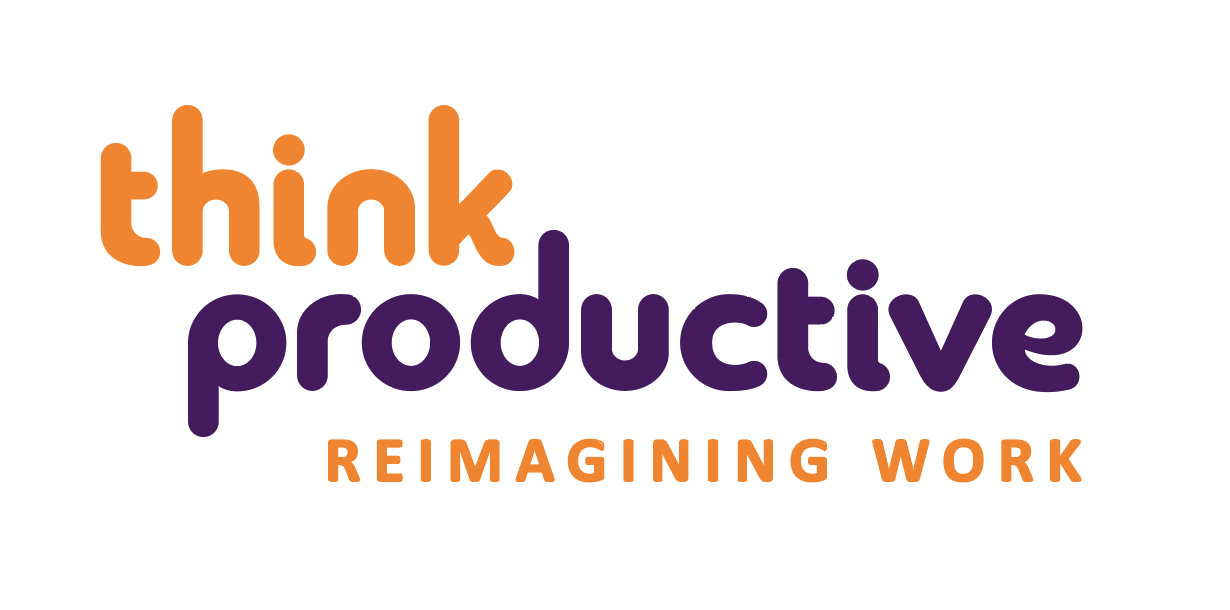Here at Think Productive UK we often work with teams, giving them advice on how to get things done.
Often they’re working on a joint goal – so in this post, Think Productive UK founder Graham Allcott discussed the only 5 milestones you need to make sure your project stays on course!
![]() For the day-to-day projects, we should think in terms of 20% planning and 80% regular management, re-alignment and steering.
For the day-to-day projects, we should think in terms of 20% planning and 80% regular management, re-alignment and steering.
It is possible for one person to manage a complex project plan that they themselves have put together, but as soon as other people get involved, things can quickly get convoluted.
A perfect project plan for regular, light-touch steering should contain no more than five milestones.
ESTABLISHMENT
Establishment is getting your resources lined up and deciding what the overall project will look like. It’s the act of communicating what you think or jointly agree are the milestones to aim for and delegating the responsibility for each stage of the project to the relevant people.
UNDERWAY
Underway is really just checking the direction of travel. I often use this as a way of creating an opportunity or excuse for me or someone else to check on the progress of the first few days of the project or on the first few actions that have taken place.
MID-WAY
How will you know that you’re on the home straight towards completion? Is there a halfway point to the project?
The mid-way point in a project can be extremely motivating. Again, use it to check on progress and revisit the end goals to make sure what you thought was the final conclusion is still what you want to do – after all, the world has changed since you started the project!
COMPLETION
Completion feels like the easiest to define, but so often this is the one that people get wrong. Make sure during establishment or at least as things get underway that your definition of complete is the same as everyone else’s!
How will you know it’s done? What does that completion look like? What are the measurements of success? Is there a financial measurement? A specific or estimated number of people who have been involved? A quantity of products produced, bought or sold?
Define success carefully at the beginning, or your vagueness may return to haunt you!
CELEBRATION
The final stage is celebration. Celebrating success and reflecting on the things that went well is something that we Brits are not in the habit of doing enough. We often let such opportunities to celebrate success pass us by.
Try our facilitation skills training workshops

